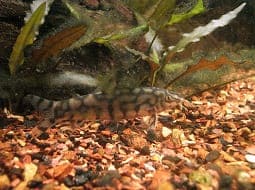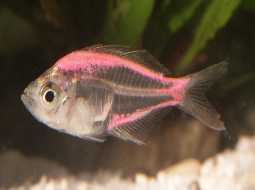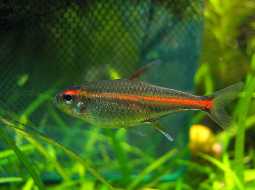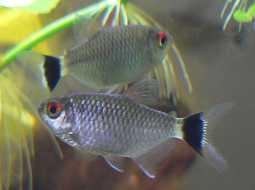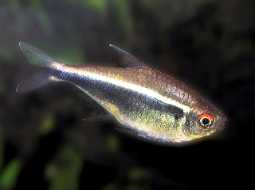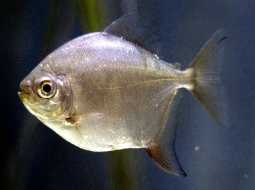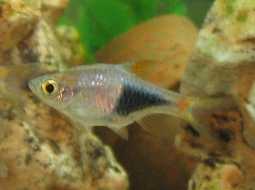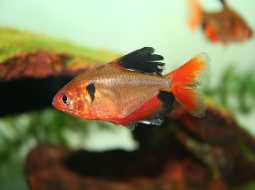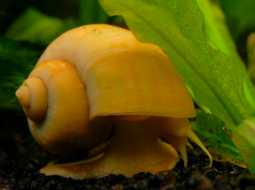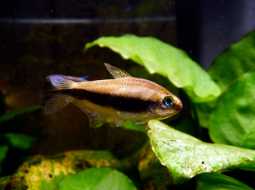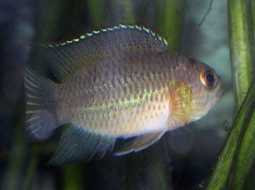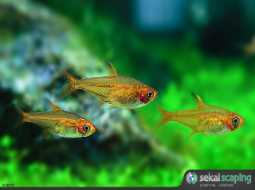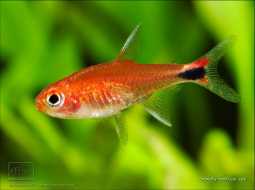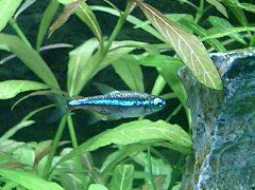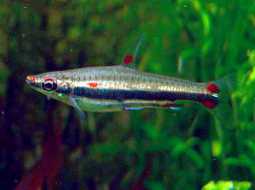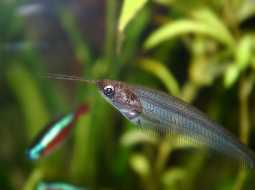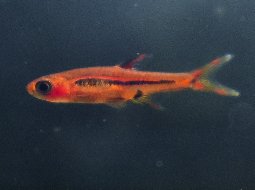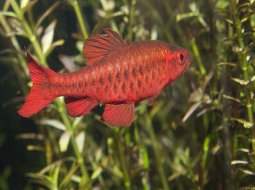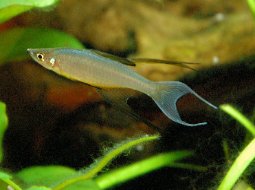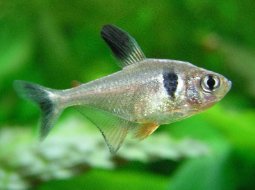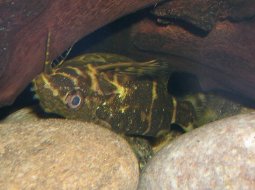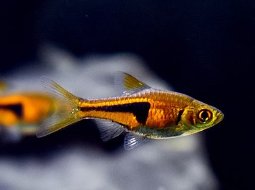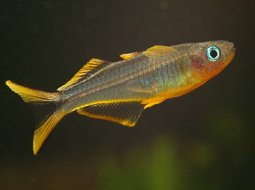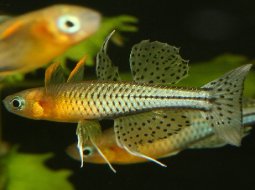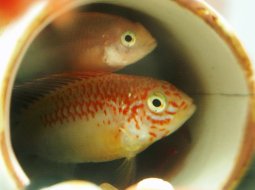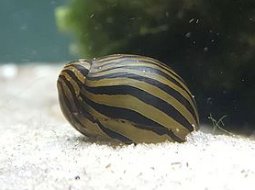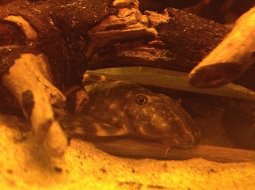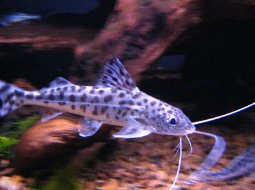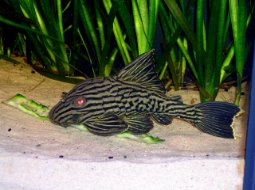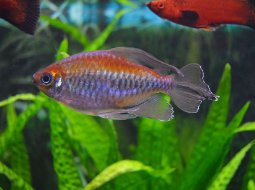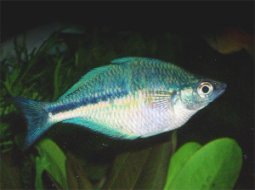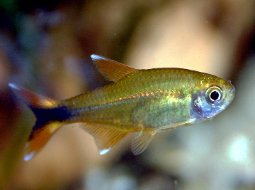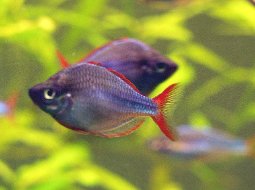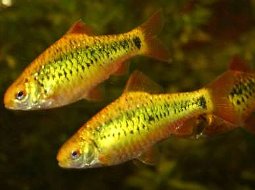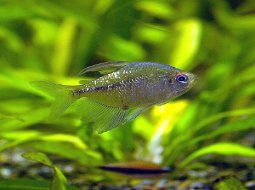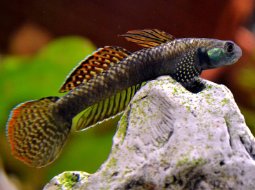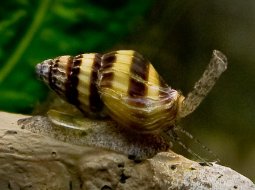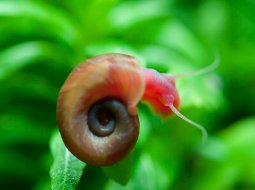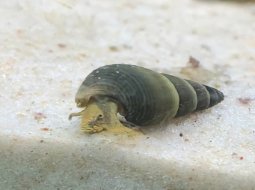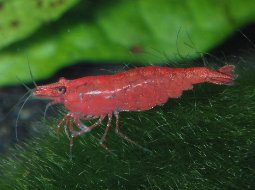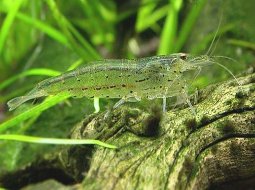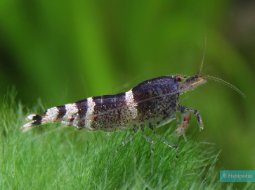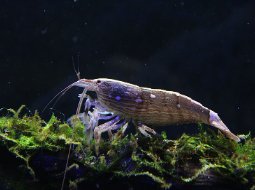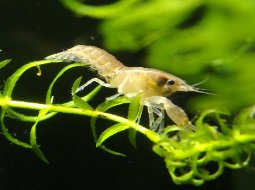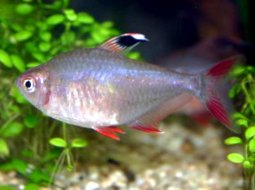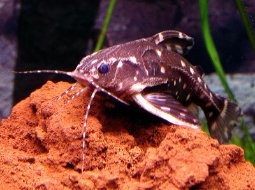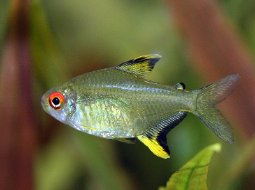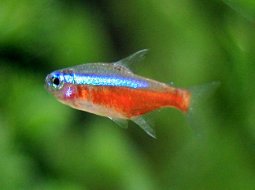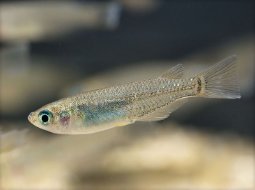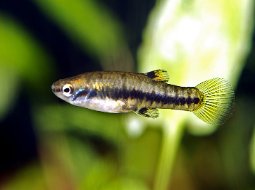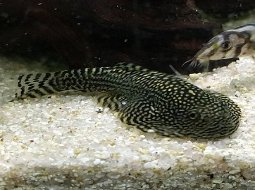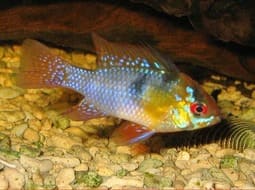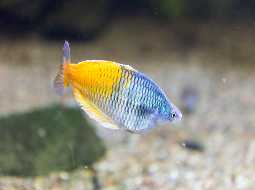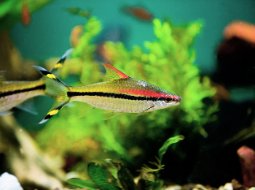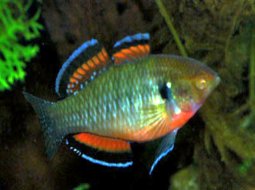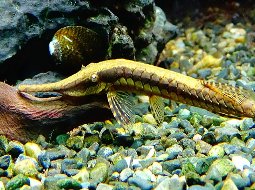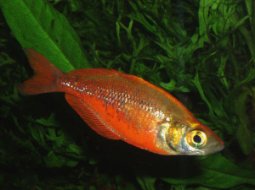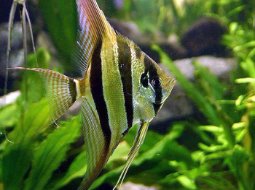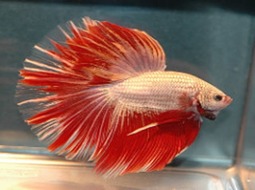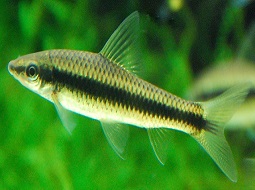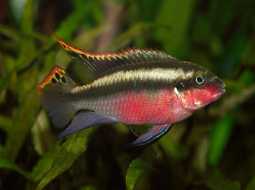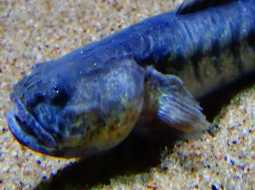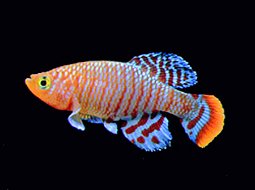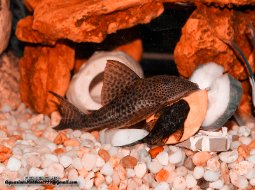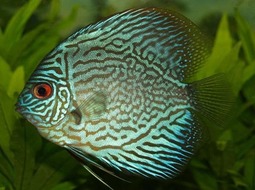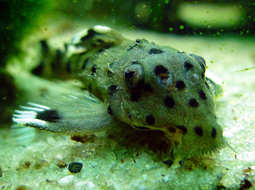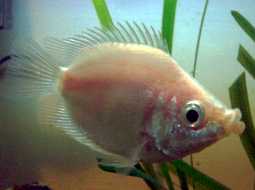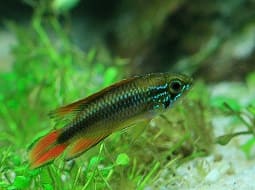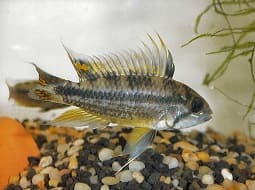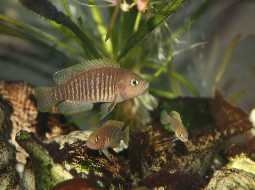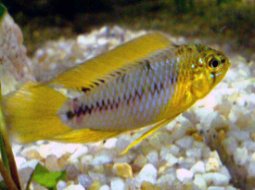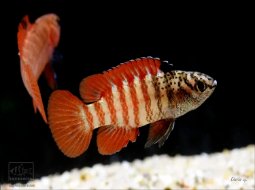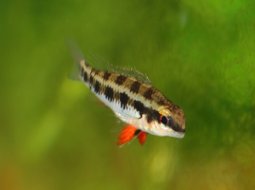
Loading Aqualapp ...
Care and Compatibility of Female Siamese Fighting Fish - Betta Splendens Female
Introduction
Betta splendens, also known as betta fish or Siamese fighting fish, is a species of freshwater fish native to Southeast Asia. They are famous for their beauty and elegance, with a variety of colors and fin types. Female bettas, in particular, have their own unique beauty and characteristics. While not as flashy as the males, they possess a fascinating personality and can be a delightful addition to aquariums.
Behavior
Female bettas are generally less aggressive than males and can be more tolerant of other fish. However, some females may exhibit territorial behavior and establish hierarchies within the aquarium. Though they lack the long, showy fins of males, they are agile swimmers and can display interesting behaviors such as exploring the aquarium and building bubble nests.
Sexual Dimorphism
Sexual dimorphism in Betta splendens is evident. Females typically have shorter and less elaborate fins than males. Additionally, their body tends to be more rounded and less flashy in coloration compared to males. During breeding, they may develop white spots on the abdomen, indicating the presence of eggs.
Reproduction
The reproductive behavior of female bettas differs from that of males, as they do not possess the modified anal fin in the shape of a sword. Females can deposit eggs in bubble nests built by the males, although this is less common in a domestic aquarium setting. If you wish to breed bettas, it is recommended to have a separate breeding tank and specific conditions for spawning and protecting the fry.
Aquarium Conditions
The female Betta splendens, also known as the female Betta fish, is known for its beauty and less aggressive behavior compared to males. They prefer aquariums with floating plants and hiding places, such as caves or plant leaves. It's important to provide them with a peaceful environment and avoid the presence of other aggressive fish.
Feeding
Female bettas are carnivorous and primarily feed on small invertebrates and insect larvae in the wild. In the aquarium, they can be fed with commercial foods in the form of flakes, pellets, or live and frozen foods such as daphnia, brine shrimp, and mosquito larvae. It is important to provide them with a balanced and varied diet to maintain
Complexity
Caring for female Betta splendens is relatively easy. They are hardy fish that can adapt to a variety of water conditions. However, they can be sensitive to water quality and are prone to diseases like fin rot if not kept in a clean and stable environment.
In case you need more help, or if you want to know into any topic related to the Betta Splendens Female (Female Siamese Fighting Fish) and even any other species you can use the forums to ask what you need.
To do an analysis more detailed about coexistence and behavior of Betta Splendens Female (Female Siamese Fighting Fish) use the Aquarium simulation tool, if you do this you can test different ways to combine the Female Siamese Fighting Fish with other fishes giving the dimensions and space on you aquarium, on this way you can known the optimal configuration for keep the fishes that you want.
You can also find out the 100 species compatible with the Betta Splendens Female (Female Siamese Fighting Fish) can live together.
Note: The parameters of the water such as PH and temperature are also used to calculate the compatibility of the species.
Compatible species (100)
Compatible (77 Species)
Compatible without any restriction
Similar Sizes (7 Species)
They can coexist if they are the same size or very similar sizes, it does not work in all cases, there may be exceptions.
With Reservation (6 Species)
Extreme care must be taken when joining male betta fish with a female, there may be aggressions, there must be hiding places so that the female can hide if necessary.
Las bettas hembras pueden convivir con otras bettas hembras, pero en algunas situaciones pueden agredirse entre ellas.
Compatible in some cases, it depends on the nature and personality of the fish.
Considerable size difference (4 Species)
They can coexist while they are similar in size or the size difference is not very abysmal, since as the fish grows it increases the chances of eating its partner that did not grow much.
Compatible if space is enough (6 Species)
They can coexist together if the aquarium they share is large and spacious enough for both species to feel good, as some fish may attack others to feel that they have little space and try to eliminate the competition.
Female Siamese Fighting Fish
Betta Splendens Female
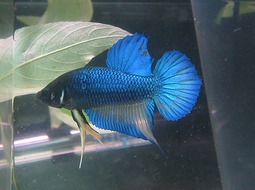
- Ph: 6 - 7.5
- Temperature (c°): 25 - 29
- Measures: 6 cm - 7cm
- Aquarium Capacity:
11 Liters - 3 Gallons - Alimentación: Omnivores
- Colores: Blue, Green, Orange, Red, White
- Comportamiento: Active, Peaceful
- Habitad: Asian
- Morfología: Bright colors
- Preferencias del Acuario: Natural plants, Rocks
- Tamaño: Small
- Taxonomía: Fish
- Tipo de Agua: Sweet water
- Velocidad de nado o movimiento: Normal
- Zona de Nado: Swim in the middle of the aquarium

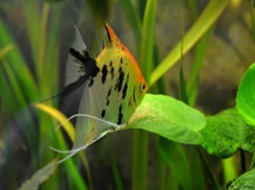
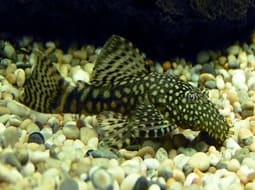
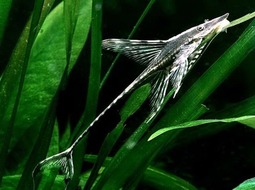
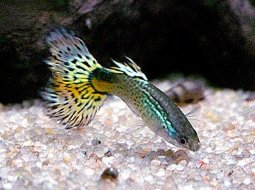
.jpg)
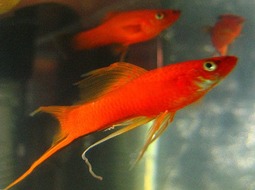
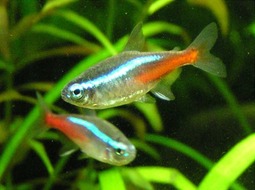
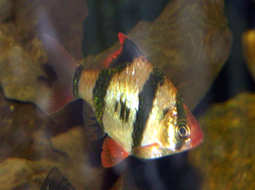
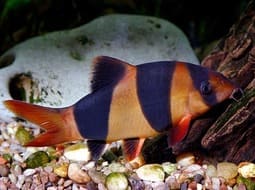
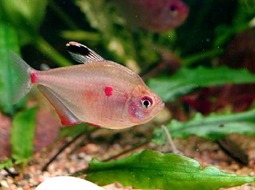
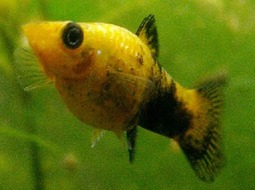
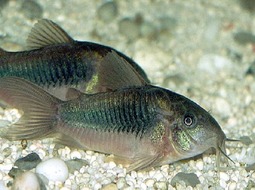
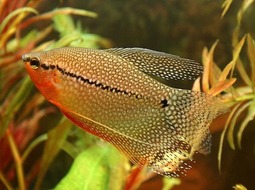
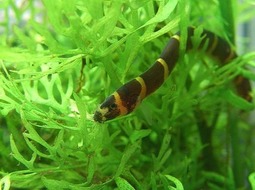
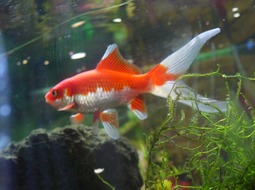
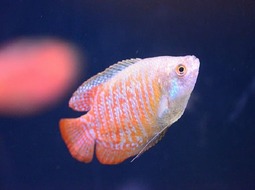
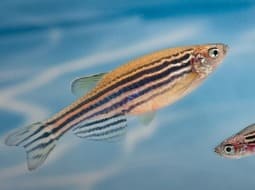
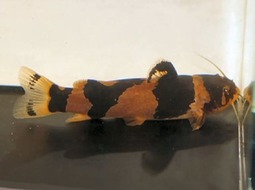
.jpg)
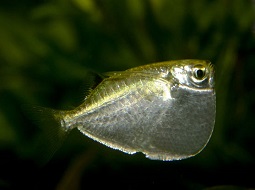
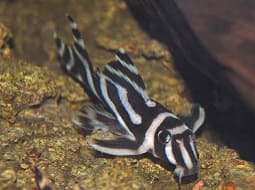
.jpg)
.jpg)
